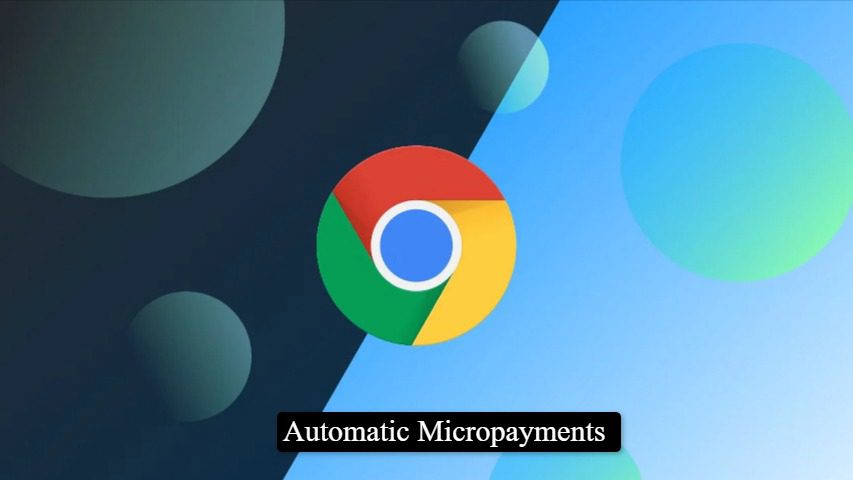Chromium’s latest initiative to make online transactions simpler has the power to revolutionize digital transactions, revolutionizing online transactions through Web Monetization integration directly in web browsers – enabling consumers to seamlessly compensate content creators without traditional ads or subscription models – using micropayments, thus changing fundamentally how we consume web content. Alexander Surkov of Igalia spearheads this groundbreaking approach using micropayments; directly connecting consumers and creators and revolutionizing web consumption economics!
- Direct Support: Users can financially support creators directly through their web browser.
- Micropayment Integration: Seamless transactions without the need for user interaction.
The Mechanics of Web Monetization
Web Monetization proposes a novel method for online transactions, utilizing a simple yet effective system. By inserting a specific link tag in the HTML header of their websites, publishers can directly receive payments from visitors. This system requires users to have a digital wallet linked to their browser, which automatically transfers funds to the content provider. This method not only simplifies transactions but also promotes a more equitable distribution of revenue, offering an alternative to the ad-centric revenue models that dominate the web today.
- Simplified Transactions: Automatic payments directly from the user’s digital wallet.
- Equitable Revenue Distribution: A fairer model for content compensation.
Overcoming Historical Skepticism
The concept of micropayments is not new, having been discussed and experimented with for decades. However, earlier skepticism, as voiced by figures like Nick Szabo and Andrew Odlyzko, highlighted the challenges of mental and computational costs associated with such small transactions. Despite these concerns, the evolution of digital payment technologies, including cryptocurrencies and platforms like PayPal and Venmo, has paved the way for a reevaluation of micropayments’ viability. The Chromium team’s initiative represents a significant leap forward in overcoming these historical barriers, offering a streamlined approach to microtransaction processing.
- Historical Challenges: Overcoming the skepticism surrounding micropayments.
- Technological Evolution: The role of digital payment platforms in enabling micropayments.
The Future of Digital Wallets and APIs
The implementation of Web Monetization relies heavily on the development of digital wallets and the Open Payments API. These technologies facilitate the microtransaction process, allowing for secure and efficient fund transfers between parties. By leveraging protocols like GNAP for authorization, these systems offer users control over their transactions, ensuring security and privacy. This infrastructure is crucial for the widespread adoption of Web Monetization, providing the necessary tools for both users and publishers to engage in this new economic model.
- Digital Wallets: The cornerstone of user transactions in Web Monetization.
- Open Payments API: Facilitating secure and efficient microtransactions.
A Glimpse into the Future
As the Chromium team prototypes Web Monetization, its potential for widespread adoption increases; major players like Apple and Google are showing interest. Their support ensures micropayments reach a wide audience as a viable alternative to traditional web revenue models such as subscription models or ads-supported content. But unlike these future challenges, Forrester predicted micropayments are poised to become an essential element of online transactions — creating opportunities not otherwise offered.
- Industry Support: The role of major tech companies in adopting Web Monetization.
- Challenges and Potential: Navigating the future of microtransactions on the web.
The Chromium team’s efforts on Web Monetization represent a fundamental milestone in online transactions. Enabling direct payments between users and content creators through digital wallets and the Open Payments API promises to lessen our dependence on advertisements and subscription fees while creating a fairer web ecosystem. While Web Monetization faces its share of challenges today, its future looks promising; with its potential to revolutionize how digital content consumption and compensation.





